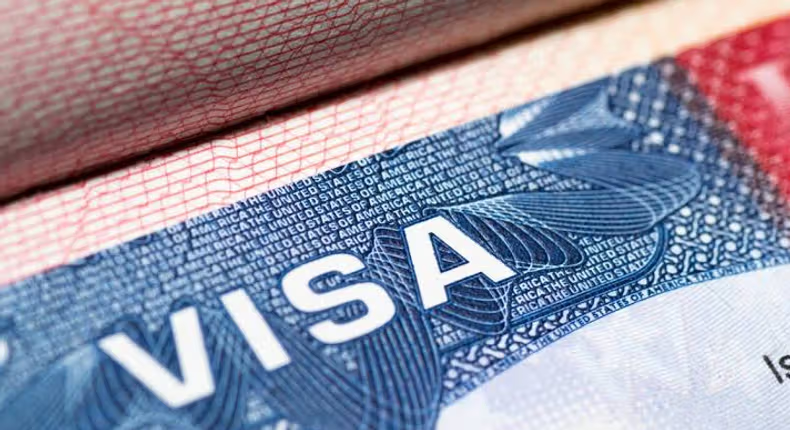The United States has rolled out a new $250 “Visa Integrity Fee” targeting non immigrant visa applicants from countries outside the Visa Waiver Program, including most African nations. This development is poised to significantly increase the financial burden for African travelers seeking to enter the US for tourism, education, or business.
The newly introduced fee will apply to popular visa categories such as B-1/B-2 (tourist), F-1 (student), and H-1B (temporary work). It is expected to take effect from October 1, 2025, aligning with the start of the US fiscal year 2026. Importantly, the fee is non-waivable, though US authorities suggest it could be refunded if applicants fully comply with visa terms, such as returning home on time. However, there are no clearly defined mechanisms yet for claiming such a refund.
This policy comes as part of the “Visa Integrity and Security Act of 2024,” which US lawmakers say aims to recover costs related to immigration enforcement and prevent visa overstays. Yet, the fee does not fund consular improvements or visa processing speed it goes straight to the US Treasury, raising eyebrows about its real intent.
For African applicants, who already pay multiple visa related charges including the MRV and reciprocity fees, this additional $250 pushes total costs to nearly $500 or more per application. This not only creates a financial strain but also serves as a psychological deterrent, especially for students and young professionals.
Critics argue that the new fee is discriminatory and disproportionately affects applicants from African and other Global South nations. It has also sparked concerns in the tourism and education sectors, which fear a decline in international visitors and students especially ahead of major US events like the 2026 World Cup and 2028 Olympics.
As the world becomes increasingly interconnected, policies like this could be seen as steps backward. While border control is a sovereign right, the imposition of heavy, non waivable fees risks sending the wrong message about openness, fairness, and opportunity.
The $250 Visa Integrity Fee represents more than just a monetary cost it reflects the growing barriers many Africans face in the global mobility landscape. Whether this policy will enhance immigration integrity or simply alienate would-be travelers remains to be seen.


